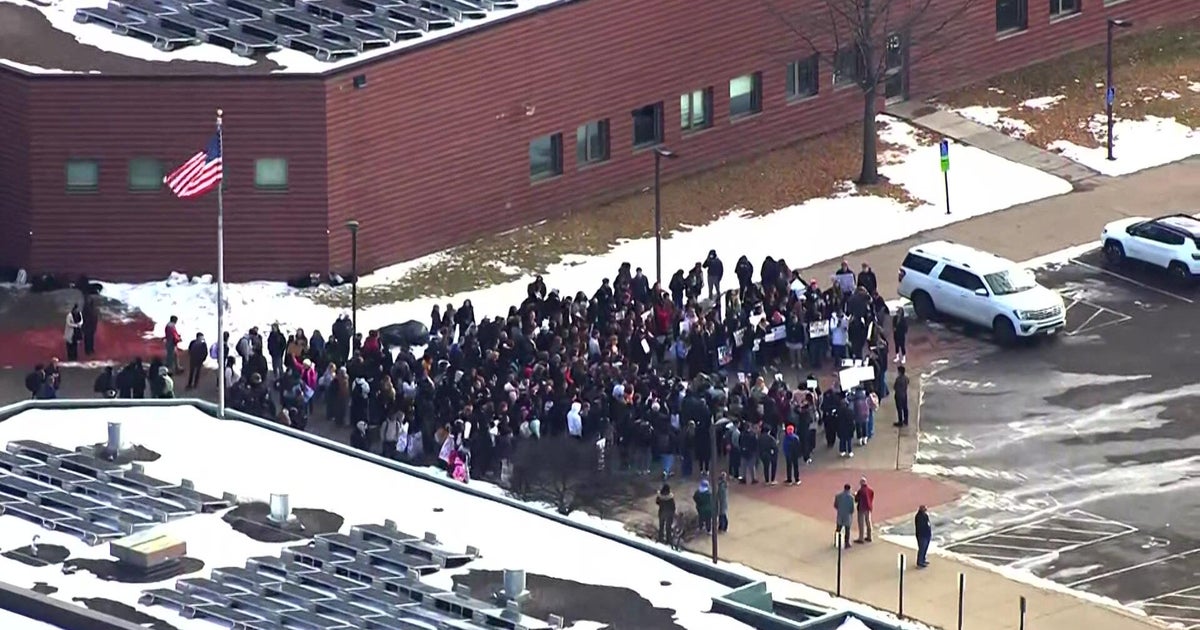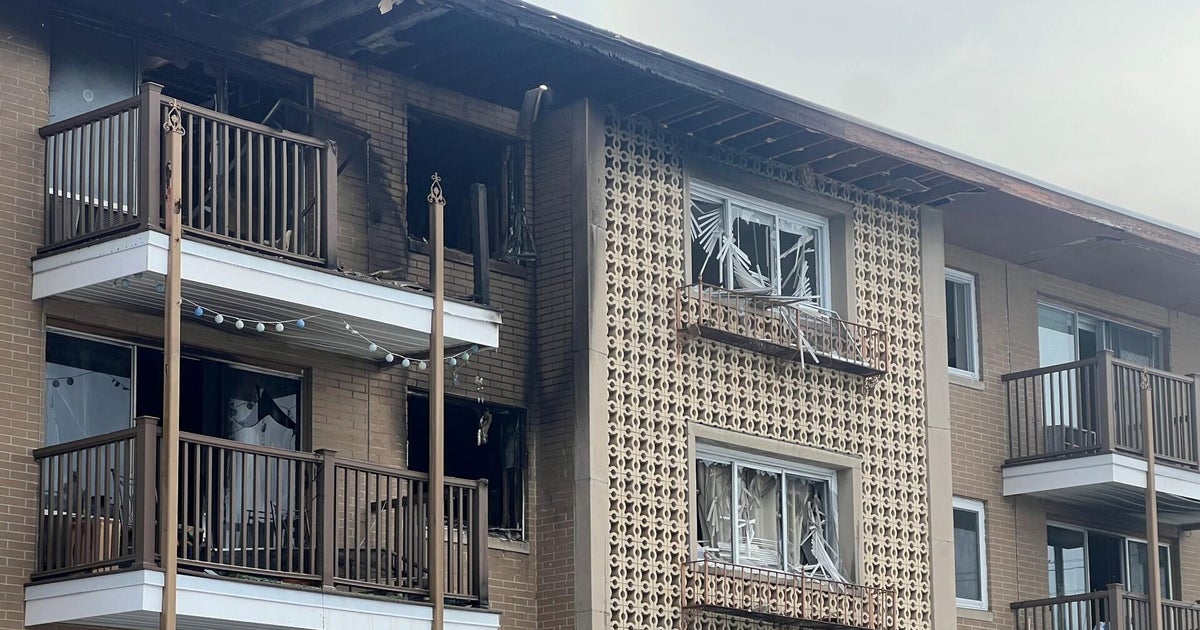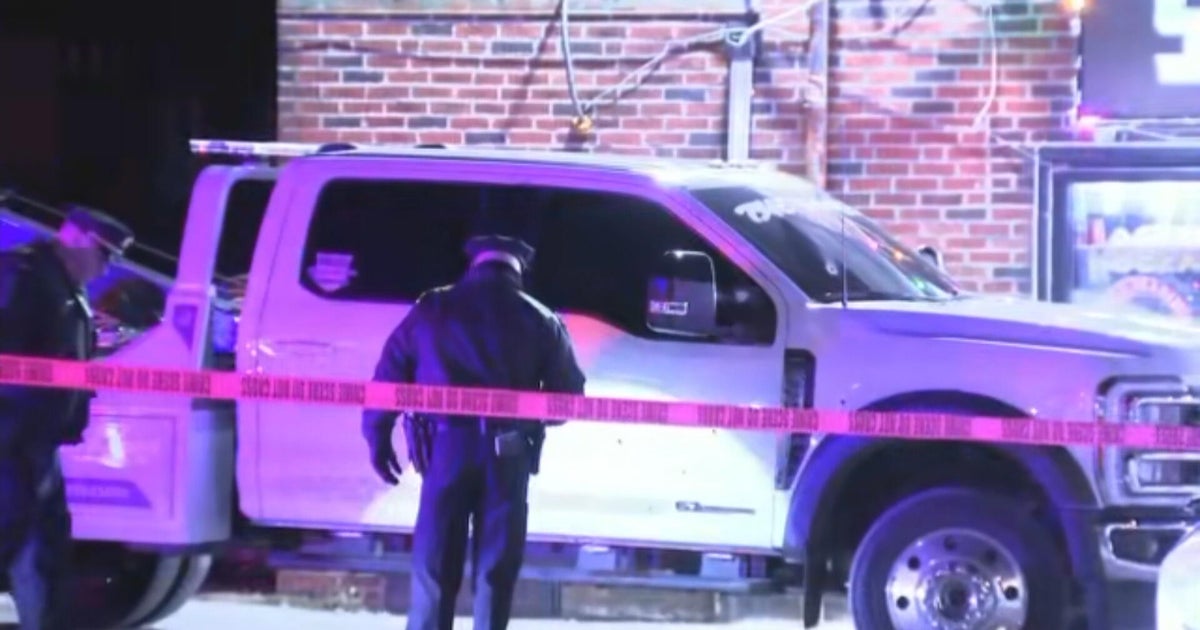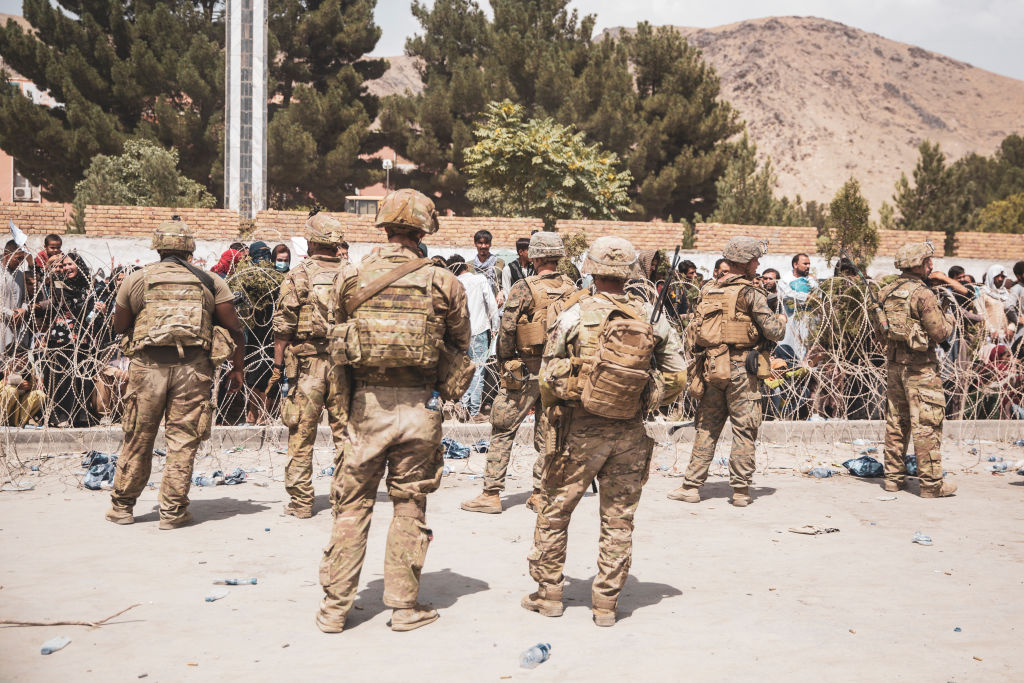At least 11 dead in Afghan bus blast a day after dozens died in a bombing at a girls' school
At least 11 people were killed and dozens injured when a bus hit a roadside mine in the restive Zabul province in southern Afghanistan late Sunday night, the Interior Ministry said. The deadly blast was the second in as many days in Afghanistan -- a horrific bombing at a girls' school outside the capital of Kabul on Saturday killed dozens, most of them students between 11 and 15 years old, and wounded roughly 100.
The Zabul bombing came hours before the Taliban declared a three-day ceasefire across Afghanistan to mark this week's Eid al-Fitr holiday.
Violence has been rising sharply since President Biden announced the United States would withdraw its last 2,500 troops from the country by September 11 despite faltering efforts between the Taliban and Afghan government to end a decades-long war.
The Taliban ordered its fighters to stand down for the truce but warned them to "stand ready to robustly protect and defend yourselves and your territory" if attacked.
Eid al-Fitr marks the end of the Muslim fasting month of Ramadan, and the holiday begins according to the sighting of the new moon. This cease-fire would begin either Wednesday or Thursday.
The Taliban declared similar ceasefires last year to mark Islamic holidays. The government usually reciprocates and is indicating it will this time, as well.
The death toll from three explosions outside the girl school's entrance was as high as 60 and keeps climbing, according to The Associated Press. It was the deadliest attack in Afghanistan in more than a year.
Interior Ministry spokesperson Tareq Arian told reporters at least 28 people were hurt in the Zabul blast. A spokesperson for Zabul's provincial governor told the Reuters news agency the wounded included women and children in critical condition.
The latest truce offer came after the government blamed the Taliban for the attack at the school in Dasht-e-Barchi, a suburb of the capital largely populated by the Shiite Hazara community, which is often targeted by extremist Sunni Islamist militants. The Taliban denied any responsibility.
Prior to the blast, the Taliban had issued a statement saying the nation needed to "safeguard and look after educational centers and institutions." The Taliban opposes girls and women being educated.
On Sunday, relatives buried the dead at a hilltop site known as "Martyr's Cemetery," where victims of attacks against the Hazara community are laid to rest.
Hazaras are Shiite Muslims and considered heretics by extremist Sunnis. Sunni Muslims make up the majority of the Afghan population.
The Taliban insists it hasn't carried out attacks in Kabul since February last year, when it signed a deal with Washington that paved the way for peace talks and the withdrawal of the remaining US troops.
The Taliban have clashed daily with Afghan forces in the rugged countryside even as the U.S. military reduces its presence.
The U.S. was supposed to have pulled all forces out by May 1 as agreed to with the Taliban last year, but Washington pushed back the date to September 11 -- a move that angered the insurgents.
The leader of the Taliban, Hibatullah Akhundzada, reiterated in a message released ahead of Eid that any delay in withdrawing the troops was a "violation" of that deal.
"If America again fails to live up to its commitments, then the world must bear witness and hold America accountable for all the consequences," Akhundzada warned in Sunday's message.
Afghan President Ashraf Ghani has declared a day of national mourning for Tuesday.
"This savage group does not have the power to confront security forces on the battlefield, and instead targets with brutality and barbarism public facilities and the girls' school," he said in a statement.








